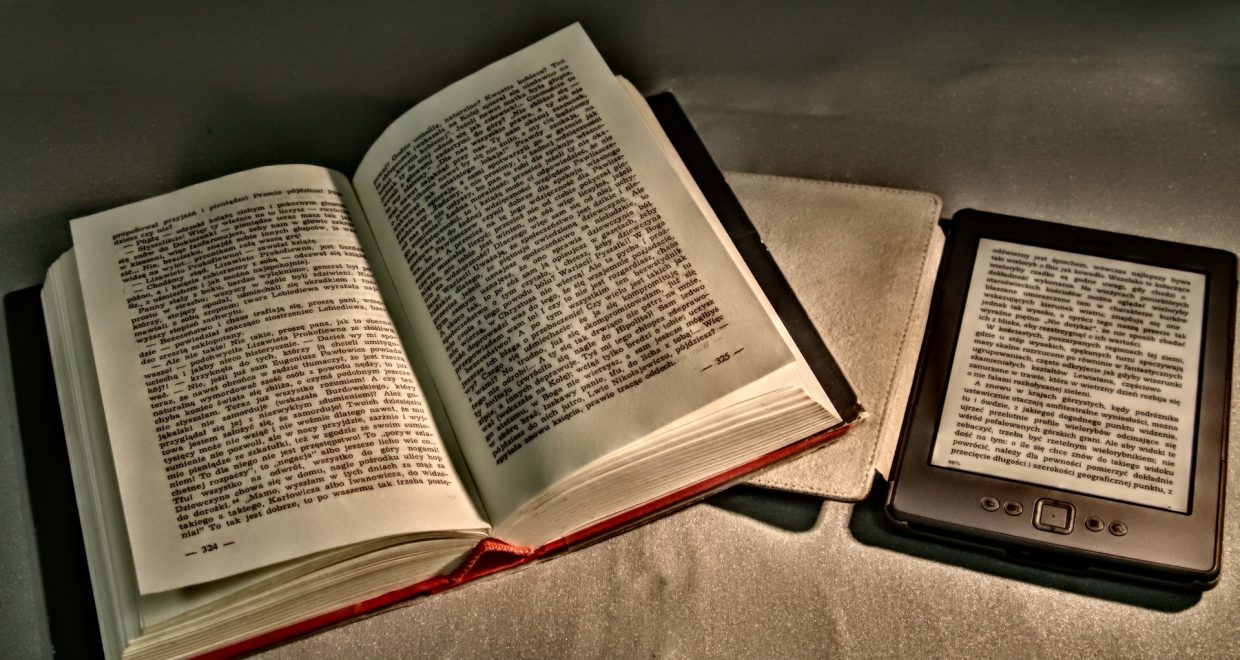Discrimination, Copyright and Equality
Why did I write Discrimination, Copyright and Equality: Opening the E-Book for the Print Disabled? Since losing my eyesight in 1993 in a train accident I wanted to enjoy reading equality but was denied this right. Then E-Books opened a new world and I had to put my international disability rights expertise to work to make sure law and policy makers understood the implications and legal framework in which they can now provide reading equality for millions of print disabled across the world.
For centuries the written word has been a closed book to the print disabled. Braille and digital scanners represented massive leaps forwards, however these means of converting books were exceptionally labour intensive and expensive.
As a practicing workplace relations lawyer, Paralympian, and PhD candidate, I had the privilege to meet print disabled who were lawyers, clients, world class athletes and scholars from across the globe. In 2007, I was based at Harvard University and ventured to understand how US and Canadian K-12 and universities were trying to enable students with print disabilities access the written word. I then performed similar research in Ireland, Lithuania, Spain and the United Kingdom. While there were vastly different regulatory and resourcing efforts, one thing was constant: Converting standard print books to digital format was never going to provide reading equality.
Then the digital book revolution hit. Suddenly tens of thousands and then millions of E-Books flooded library catalogues. In theory the book famine for the print disabled should have been ended at this point; unfortunately it was not.
E-Books are born digital, but can be published in formats that limit or entirely prevent print disabled from reading them. Equality was possible now, but only if advocates, rights holders, and law and policy makers worked together to create disability inclusive E-Book market.
The capacity for the world’s print disabled to access E-Books has highlights and stumbling blocks. The United Nations Convention on the Rights of Persons with Disabilities has swept in a new disability rights paradigm which is influencing law and practice across the globe. This resulting in reforms in the most likely of jurisdictions. This new disability politics has influenced the World Intellectual property Organization to adopt the Marrakesh Treaty to Facilitate Access to Published Works by Visually Impaired Persons and Persons with Print Disabilities that is a massive paradigm shift for this organization. Copyright laws, anti-discrimination and novel laws have been enacted in Australia, Canada, the United Kingdom and United States. These reforms and practices are opening the E-Book for the print disabled and creating the possibility of reading equality for the first time in the human experience. My monograph maps and analyses these legal and policy developments and provides a roadmap how the book famine experienced by the print disabled can become a historic footnote.
Read more about Discrimination, Copyright and Equality: Opening the E-Book for the Print Disabled.





